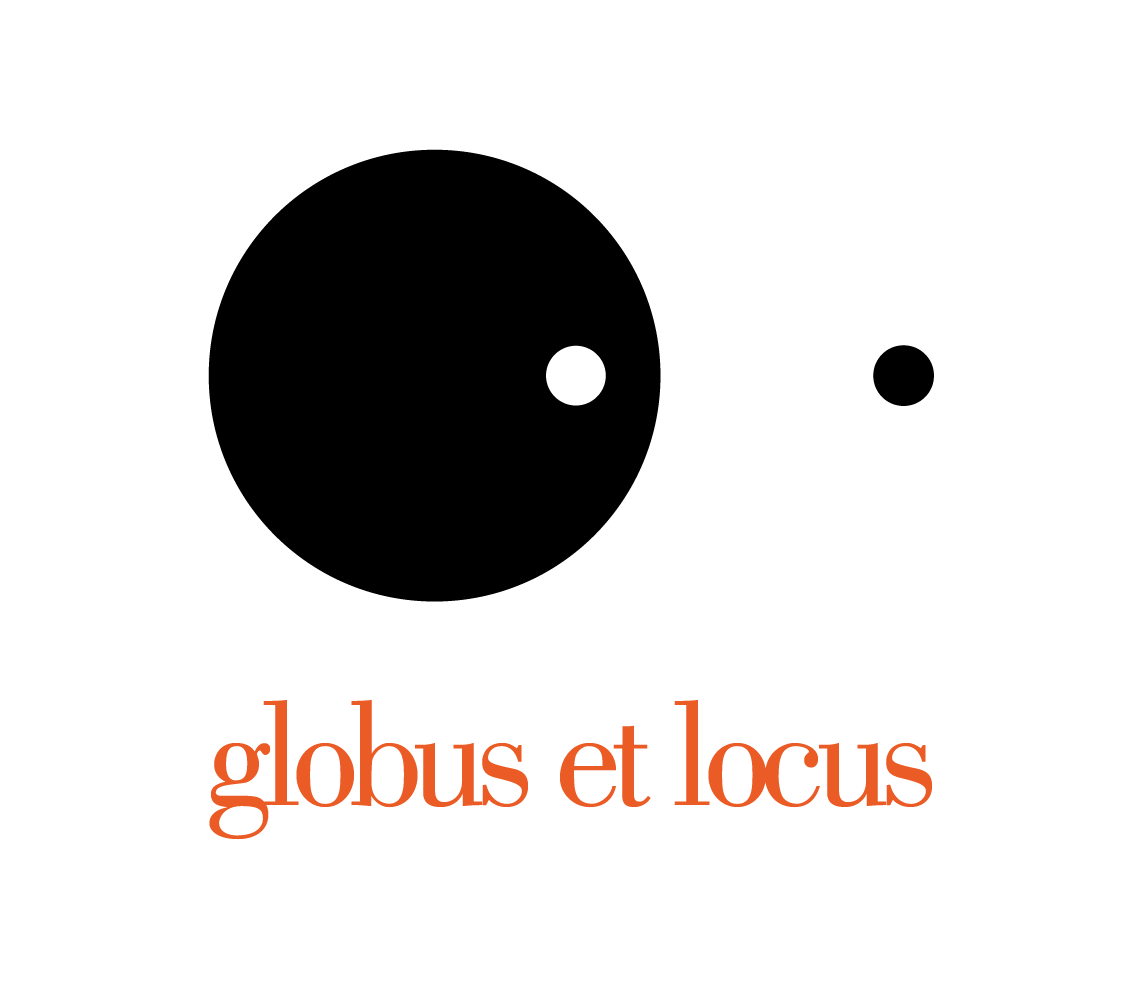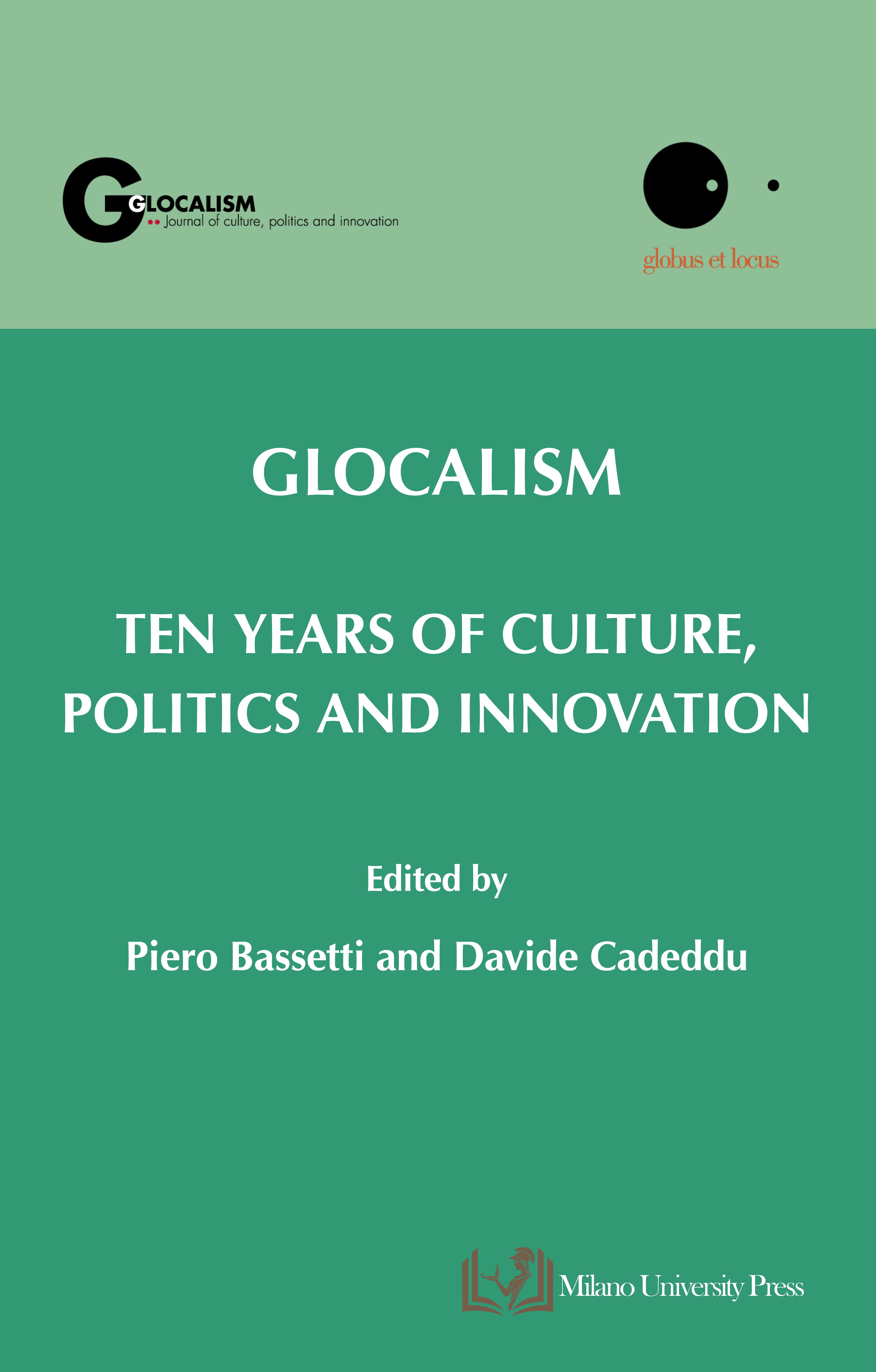FROM LIBERAL ORDER TO RULES-BASED ORDER: DECODING GEOPOLITICS OF GLOBALIZATION
DOI:
https://doi.org/10.54103/gjcpi.2024.23514Keywords:
geopolitics, globalization, international relations, liberal order, rules-based orderAbstract
Globalization was considered as a panacea to end geopolitical rivalries by integrating economies and societies into vast networks of interdependence. The web of complex interdependence woven through global supply chains and cross-border connections, although to a large extent, has led to disappearance of geography. Nonetheless, promotion of embedded liberalism has reconstituted political and social boundaries that can be weaponized to gain asymmetric advantages. The liberal order consolidated during the post-Cold War unipolar moment and scripted the story of global governance. Post 2010, the waning United States (US) hegemony and rise of China marked a discrediting of liberal internationalism, supplanting it with the rules-based order which although reflects Western values and interests, but is under constant improvisation by other actors challenging the status quo. With several competing visions in the fray, the future global order would certainly reflect new power constellations, norms and rules. The paper thus argues that both liberal order and its successor the rules-based order largely cater to preserve the geopolitical and geoeconomic interests of dominant powers who advocate for a free and open order. Rules, however, remain an empty rhetoric as the world is in a strategic disarray characterised by growing economic inequality and socio-cultural upheavals.
Downloads

Downloads
Published
How to Cite
Issue
Section
License
Copyright (c) 2024 MANASI SINGH

This work is licensed under a Creative Commons Attribution-ShareAlike 4.0 International License.











